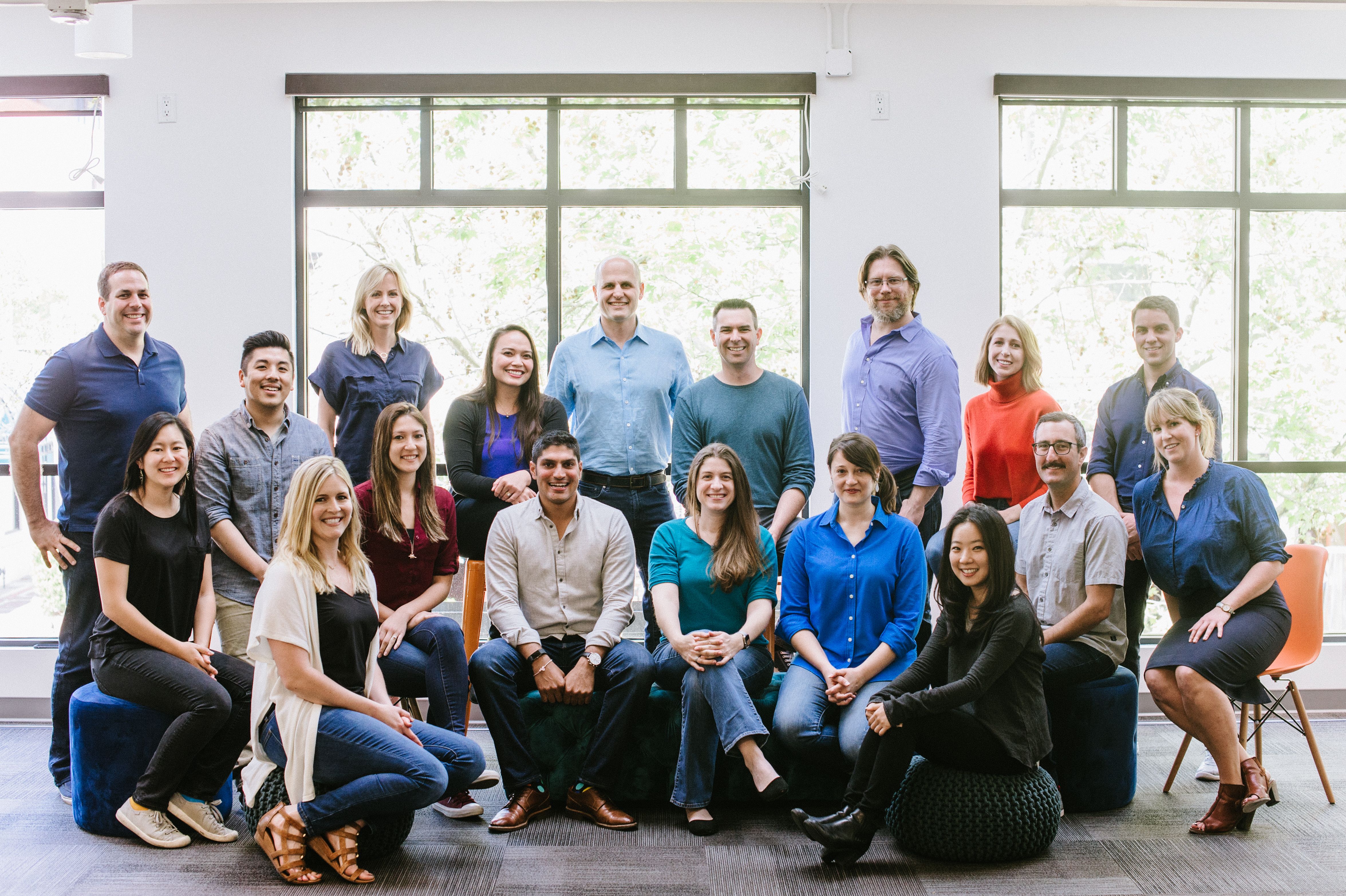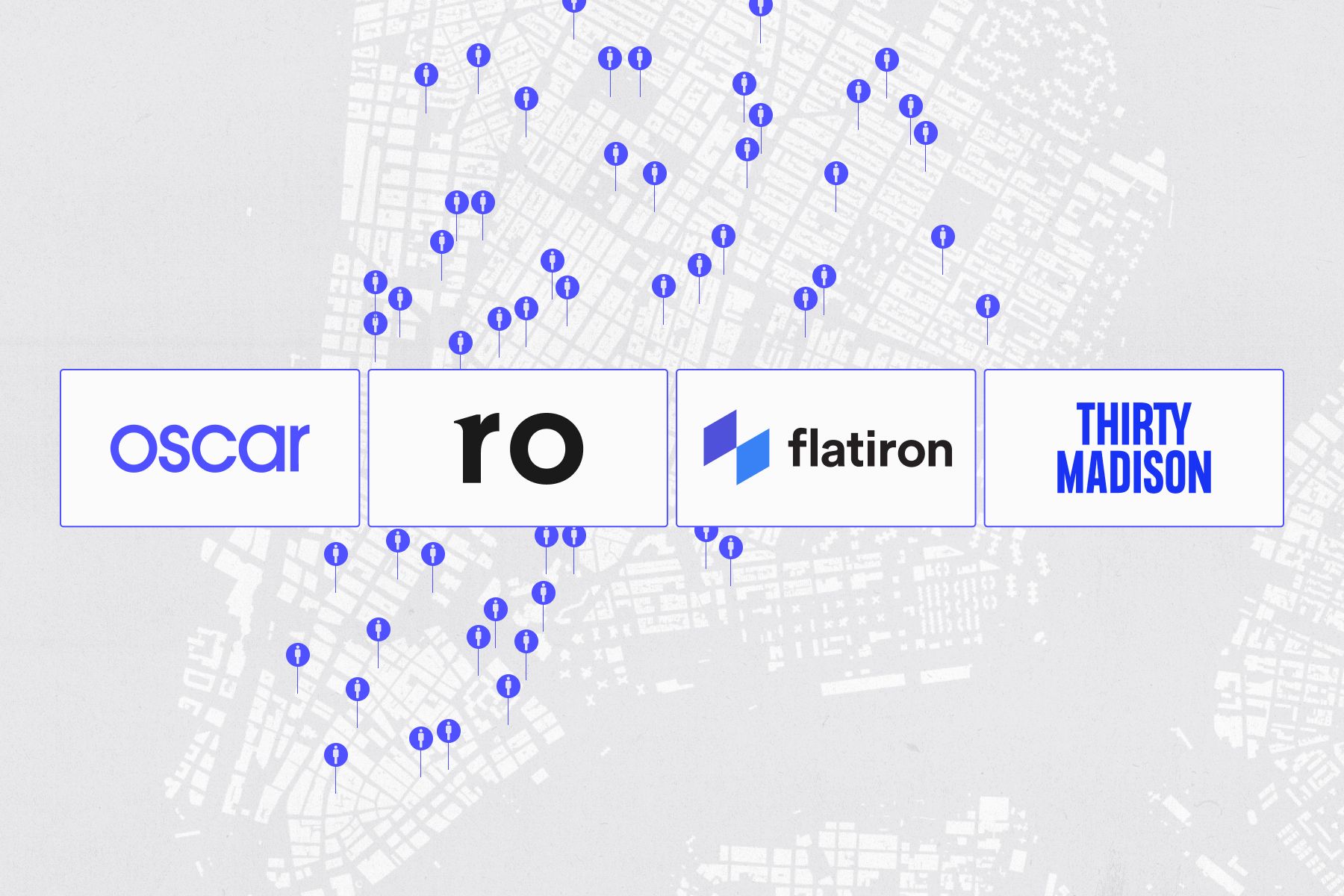Humu: Laszlo Bock’s brilliant new vision of human resources

Humu raises over $40 million in funding.
Humu is uniquely positioned to transform human resources—one of the most challenging and least appreciated areas of a company’s development. By combining machine learning with decades of research in human behavior, Humu can help anyone grow into a better leader or teammate, and thus likely to become a household name for talent best practices for years to come.
Published — May 1, 2018

